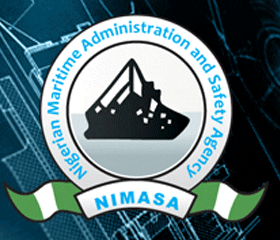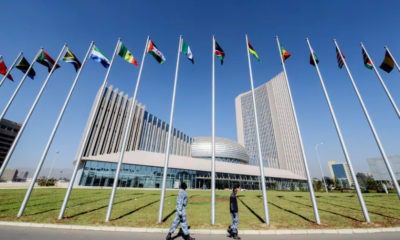Global Issues
Addressing Police Accountability and Misuse of Power in Pakistan -By Sara Zafar
In order to effectively address police accountability in Pakistan, extensive reforms that target systemic as well as institutional issues are required. The establishment of strong legislative frameworks and effective oversight systems is essential to these reforms in order to hold law enforcement officials responsible for their activities.

Police accountability and misuse of power remains pressing issues in Pakistan’s law enforcement landscape. Instances of corruption, brutality and political interference have eroded public trust in the police force. Encounter of public and police have created such negative impacts on public that people are even afraid to go and seek help from police this lack of mistrust is mainly due the emotional and physical brutality that a person goes through after seeking help from police. Another reason why these public interest or welfare departments have gone against the security of public is because law of the state is unable to implement the required jurisdiction that each public welfare organization should have Systemic problems within the police force itself are a major barrier to police accountability. Incidents of extrajudicial executions, arbitrary detentions, and police brutality are frequent and indicative of an institutional culture of impunity. Furthermore, the public’s trust and confidence are weakened by the widespread corruption inside the police, which exacerbates the accountability issue. Here are some prominent instances of extra-judicial killings linked to the police in Pakistan:
1. Rao Anwar Case: Perhaps one of the most infamous cases of extra-judicial killing involving the police in Pakistan is the case of Rao Anwar, a former senior police officer in Karachi. Anwar was accused of involvement in the extrajudicial killing of Naqeebullah Mehsud, a young shopkeeper from South Waziristan, in January 2018. The incident sparked nationwide protests, leading to Anwar’s arrest and subsequent investigation. Naqeebullah Mehsud’s killing shed light on the issue of police encounters and alleged “fake encounters” in Pakistan.
2. Sarfaraz Shah Killing: In June 2011, a video surfaced showing Sarfaraz Shah, an unarmed young man, being shot at point-blank range by Rangers personnel in Karachi’s Benazir Bhutto Park. The video sparked outrage across the country and raised serious questions about police brutality and human rights violations. The incident led to the arrest and trial of the Rangers personnel involved, highlighting the need for accountability within law enforcement agencies.
3. Model Town Incident: In June 2014, clashes erupted between police and supporters of the Pakistan Awami Tehreek (PAT) political party in Lahore’s Model Town area, resulting in several fatalities. The incident raised allegations of excessive use of force by the police and sparked widespread condemnation. Subsequent investigations into the incident were marred by controversy, with calls for an independent inquiry into the matter.
4. Extrajudicial Killings in Baluchistan and Khyber Pakhtunkhwa: The provinces of Baluchistan and Khyber Pakhtunkhwa have witnessed numerous cases of extrajudicial killings, particularly in the context of counter-terrorism operations and insurgency. Human rights organizations have raised concerns about the excessive use of force by security forces, enforced disappearances, and lack of accountability in these regions.
In order to effectively address police accountability in Pakistan, extensive reforms that target systemic as well as institutional issues are required. The establishment of strong legislative frameworks and effective oversight systems is essential to these reforms in order to hold law enforcement officials responsible for their activities. This includes the creation of impartially tasked independent police complaints authorities with the authority to look into claims of. In summary, the problem of police accountability and power abuse in Pakistan is complex and calls for an all-encompassing strategy that includes institutional, cultural, and legal changes. Pakistan can go closer to achieving the goal of a just and equitable society based on the rule of law and accountability by tackling the underlying causes of impunity, bolstering supervision procedures, and encouraging professionalism and integrity within the police force wrongdoing and power abuse.



















